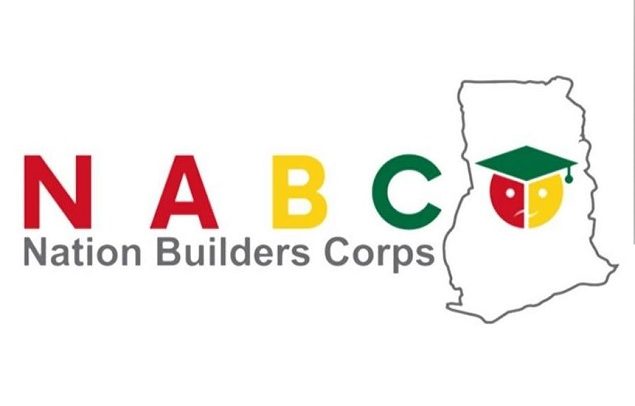Government’s flagship Nation Builder’s Corps (NABCo) programme is coming to an end by September 1, 2022, after four years of implementation.
Finance Minister Ken Ofori-Atta announced this during the presentation of the Mid-Year Budget Review in Parliament yesterday.
He said the programme during its implementation period engaged 100,000 young graduates for the world of work, with the government spending approximately GH¢2.2 billion.
“As they exit, the current cohort on the programme is encouraged to take advantage of the ‘YouStart’ initiative and other existing programmes in our drive to build an entrepreneurial nation,” he said, adding that “Government’s policy is to support dynamic young entrepreneurs to access training and funds to build their businesses and become a significant pool of job providers for their fellow young people.”
Economic Recovery Efforts
He also said government is resolved to continue to provide the necessary leadership to turn Ghana’s economy around in spite of the internal challenges which are largely spiked by developments on the global front.
Ken Ofori-Atta, emphasised “Let me assure you, on behalf of the President, that we will do it again within the next two and half years. To do this, we will proceed with great caution, thoughtfulness, creativity and grit, as the old adage says, we shall hasten slowly.”
He said the government is currently developing an Enhanced Domestic Programme to complement the GhanaCARES “Obaatan Pa” programme to return the country to a path of macroeconomic stability, debt sustainability, robust growth and a Ghana Beyond Aid.
“We expect this programme to be the basis of our negotiation with the IMF. In the coming months, we will continue to optimise and support our flagship programmes, and make strategic investments in the real sector to increase production, enhance productivity, and create jobs. The ‘YouStart’ programme will be a fundamental intervention to advancing an entrepreneurial nation to create jobs,” he stressed.
He stated that, “We, however, recognise that our post-COVID economic recovery has been uneven and risks remain high.”
“However, in the 2022 Budget, we committed ourselves to chart a course towards growth and fiscal sustainability, and this Mid-Year Fiscal Policy Review reasserts that commitment,” he added.
No Demand For Additional Funds
The sector minister further noted that the country has not seen some major shifts in its budget assumptions compared to November, 2021, when he presented the budget.
“These changes have led to reduced revenues, increased interest payments and changes in interest rates and exchange rates. However, we are committed to staying within the appropriation for 2022.
“In spite of the underperforming revenues and strong external headwinds, we are not seeking additional funds in this Mid-Year Review,” Mr. Ofori Atta said.
Upstream Petroleum Sector Windfall
He continued that government is determined to efficiently use the windfall from the upstream Petroleum Sector to make up for the country’s revenue shortfall and aggressively improve her revenues even as it rationalises expenditures.
Inflation
He continued that price pressures have continued to build in several advanced and emerging market economies, primarily due to escalating energy and other commodity prices, and widespread supply chain disruptions.
In response, inflation in advanced economies is expected to increase from 3.1 per cent in 2021 to 5.7 per cent in 2022, but moderate to 2.5 per cent in 2023.
Similarly, inflation in emerging markets and developing economies is expected to increase from 5.9 per cent in 2021 to 8.7 per cent in 2022 before moderating to 2.5 per cent in 2023.
By Jamila Akweley Okertchiri


